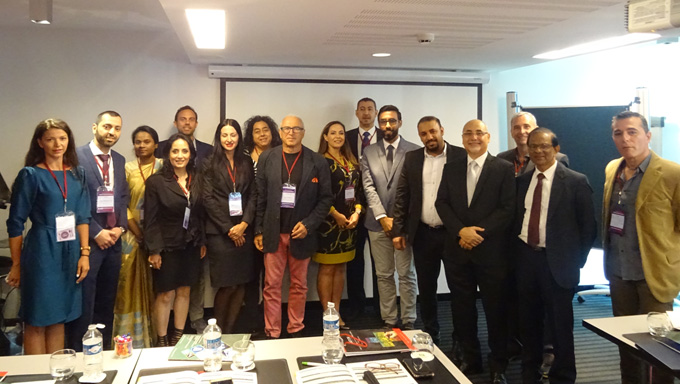
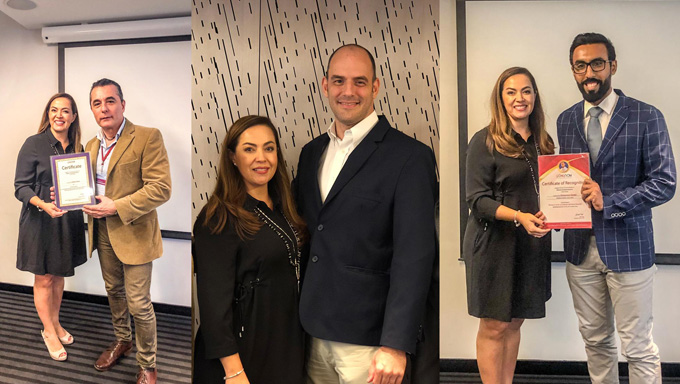

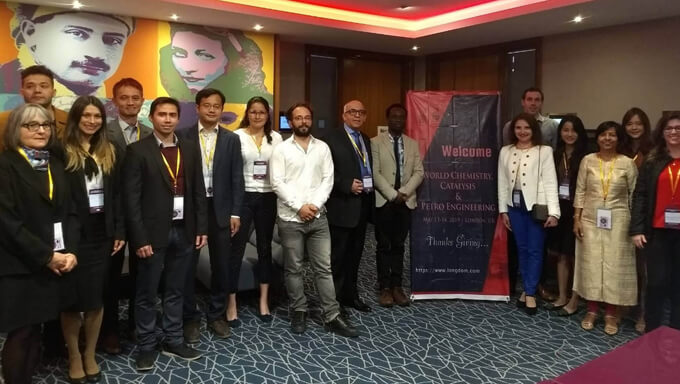
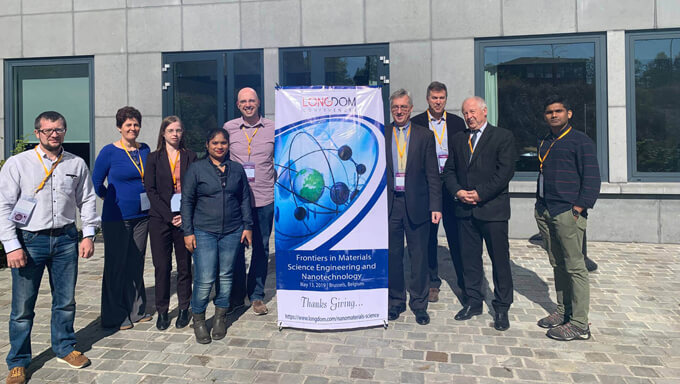
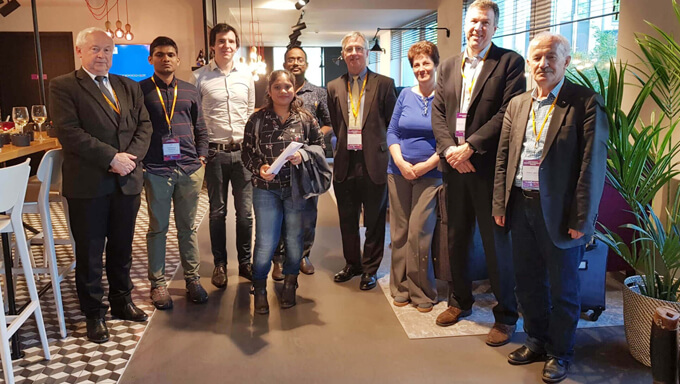
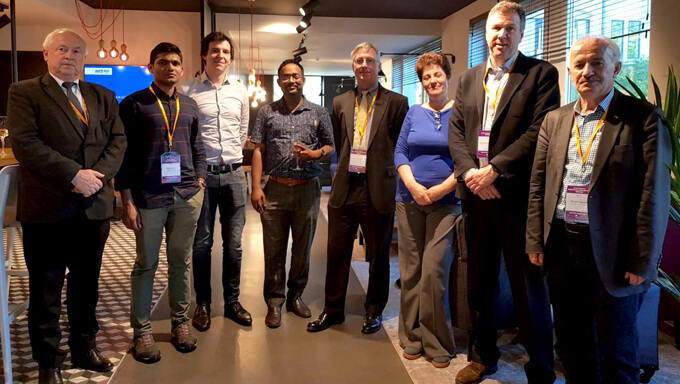
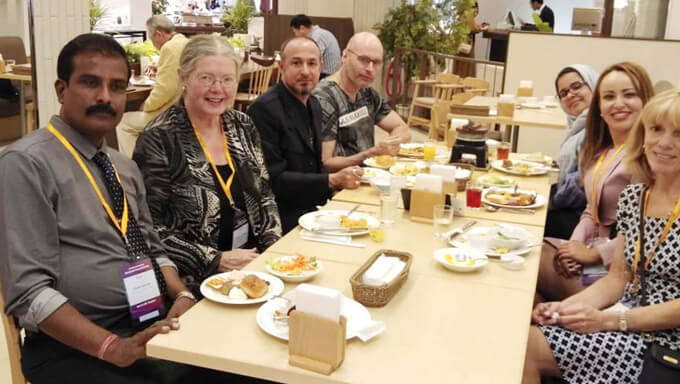
Cell biology revolves around the concept that a cell is a fundamental unit of life. The study of cell structure and function permits a detailed understanding of the tissues and organisms that cells compose. Cell biology explains the structure of the organelles in the cell and how they are organized in it. It also explains their physiological properties, metabolic processes, Signalling pathways, life cycle, and interactions with their environment at the molecular level. Knowing the components of cells and how cells work is fundamental to all biological sciences; it is also essential for research in bio-medical fields such as cancer, and other diseases. Research in cell biology is closely related to genetics, biochemistry, molecular biology, immunology, and developmental biology.
Molecular biology is the branch of biology that concerns the molecular basis of biological activity in and between cells, including molecular synthesis, modification, mechanisms, and interactions. The central dogma of molecular biology describes the process in which DNA is transcribed into RNA then translated into protein.
Nanotechnology is a rather contemporary branch of science that encompasses study, research and application of nanoscale properties of varied elements and compounds. The underlying principle of nanotechnology innovations includes macroscale properties of substances change as the size of the particles approach nanometers. Furthermore, it has been observed that nanomaterials amplify the desirable properties of materials, which may be attributed to exponential increase in surface area or change in physical, chemical and bioactive properties of the same. Hence, nanotechnology is a revolutionary application which encompasses both physical and chemical sciences.
Molecular Genetics is a sub-field of biology that addresses how differences in the structures or expression of DNA molecules manifests as variation among organisms. Molecular genetics often applies an "investigative approach" to determine the structure and/or function of genes in an organism’s genome using genetic screens. The field of study is based on the merging of several sub-fields in biology: classical Mendelian inheritance, cellular biology, molecular biology, biochemistry, and biotechnology. Researchers search for mutations in a gene or induce mutations in a gene to link a gene sequence to a specific phenotype. Molecular genetics is a powerful methodology for linking mutations to genetic conditions that may aid the search for treatments/cures for various genetics diseases.
Phylogenomics is the intersection of the fields of evolution and genomics. The term has been used in multiple ways to refer to analysis that involves genome data and evolutionary reconstructions. It is a group of techniques within the larger fields of phylogenetics and genomics.
Protein synthesis is the process in which cells make proteins. It occurs in two stages: transcription and translation. Transcription is the transfer of genetic instructions in DNA to mRNA in the nucleus. It includes three steps: initiation, elongation, and termination.
Apoptosis is an orderly process in which the cell's contents are packaged into small packets of membrane for “garbage collection” by immune cells. Apoptosis removes cells during development, eliminates potentially cancerous and virus-infected cells, and maintains balance in the body.
Proteomics is the large-scale study of proteins. Proteins are vital parts of living organisms, with many functions. The proteome is the entire set of proteins that is produced or modified by an organism or system. Proteomics has enabled the identification of ever-increasing numbers of protein.
Pharmacogenomics is the study of how genes affect a person's response to drugs. This relatively new field combines pharmacology (the science of drugs) and genomics (the study of genes and their functions) to develop effective, safe medications and doses that will be tailored to a person's genetic makeup
We let our ground-breaking work and our amazing clients speak for us…… LONGDOM conferences